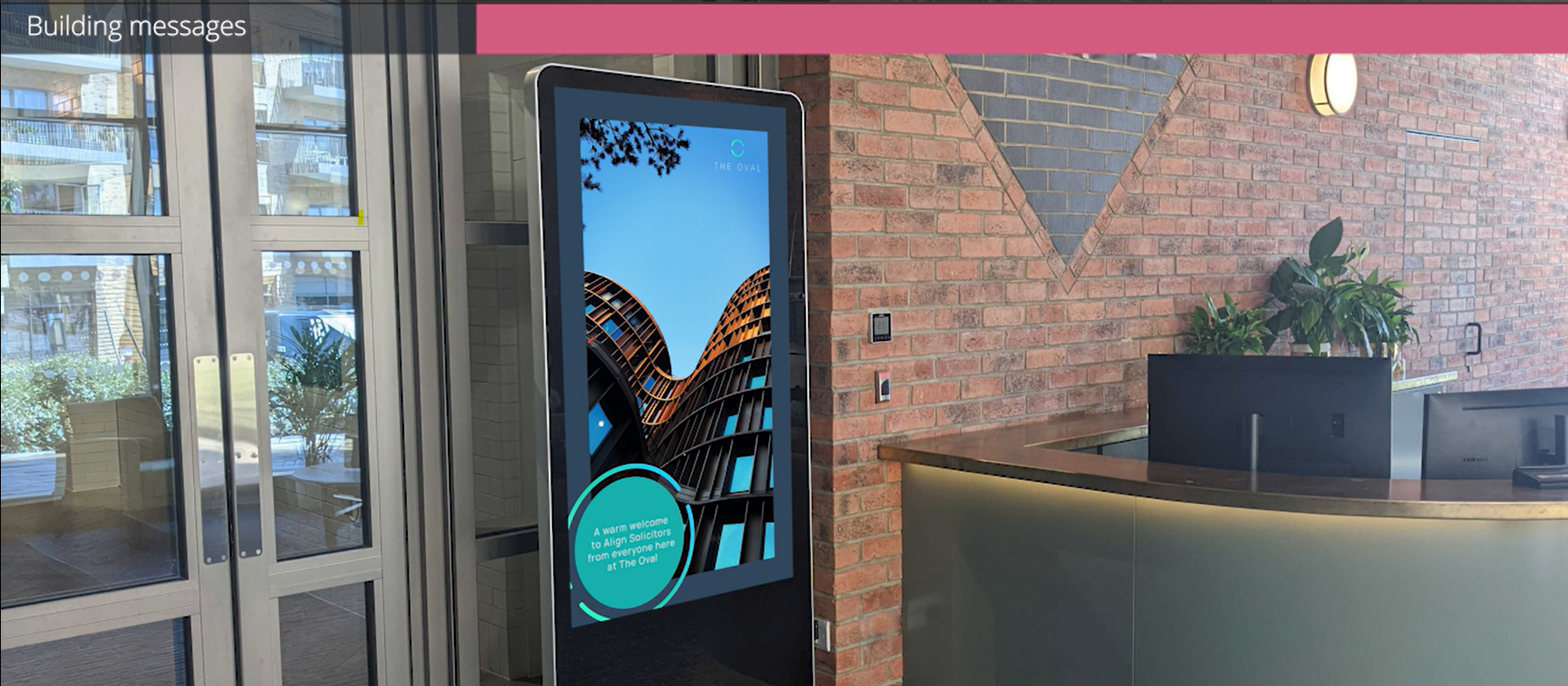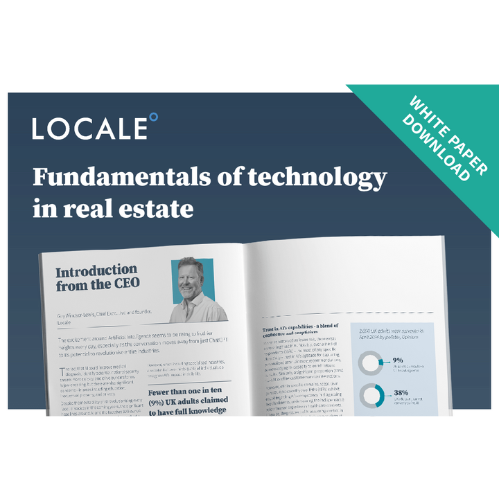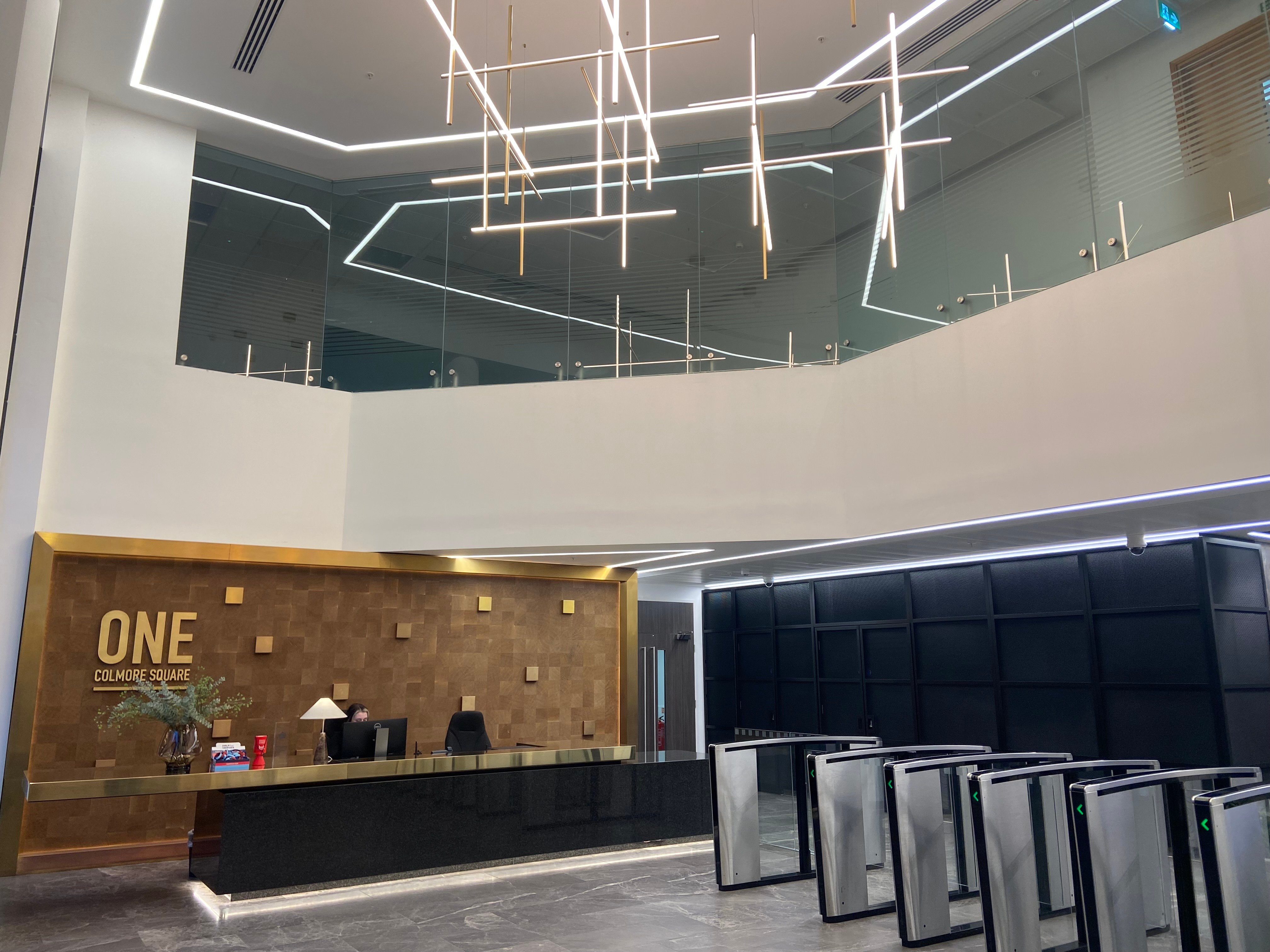After a two-year absence, MIPIM was back, and kicked off Spring with over 20,000 delegates attending the four-day conference. Dan O’Gorman, Chief Product Officer of Locale, shares the hot topics and new trends that emerged from discussions
.png?width=800&name=Website%20images%20(3).png)
As real estate continues its recovery, adapt and evolve in the aftermath of theCOVID-19 pandemic, it was fantastic to see the industry come out in full force to connect in-person, forge new partnerships, and join discussions on industry trends and topics overlooking the Bay of Cannes. This year, MIPIM’s theme was built around ‘Driving Urban Change’, with everything from the future of the office to data intelligence to the government’s Levelling Up plan discussed to answer the key question: How can real estate make a positive difference to the quality of life and living?
Real estate more than asset
As the purpose and position of real estate evolves, the collective agreement at MIPIM was that an agile approach to the construction, design, and experience of real estate is critical. The pandemic accelerated the already growing idea that real estate must pivot to being people-centric by building developments and transforming existing sites that place the user-experience at its heart. To deliver spaces that are high performing, create community, and deliver the ESG expectations of today, real estate must be viewed as more than an asset to let, but rather a cornerstone of our communities.
Work smarter, not harder
For property management teams to succeed in offering sustainable spaces and communities, the right toolset is needed. MIPIM discussions made it clear that everything is pointing towards smart solutions and digital platforms which provide critical data intelligence, giving property managers unparalleled insight into occupier behaviours, building performance, and operational touchpoints such as visitors, deliveries, maintenance requests, contractors, and on-site amenity bookings. Data supports an objective view in areas such as space utilisation and occupier sentiment, and therefore can be used in the creation of a desirable brand which can command higher valuation and rents, whilst cutting costs. However, technology and the data harnessed is only useful if it’s used, and so, property management companies that take the step to invest in technology must also have a destination they want to reach, otherwise the tools will have minimal impact.
Change is critical to survival
Rikke Lykke, Group Chief Executive Officer at DEAS Group, was adamant during a MIPIM seminar discussion that “Property management as we know it today is not going to survive.” For all real estate asset classes – old and new – transformation is needed now to ensure we are delivering to the new way of life and living. From hybrid workforces and ESG initiatives to the importance placed on community, a digital layer is required to enable property managers to connect and communicate in a way that occupiers will engage with.
Now we’ve had the discussion, it’s time to act. By MIPIM 2023, I hope to witness a sector enjoying the rewards of successful technology adoption that enhance the built environment and drives for meaningful urban change.





